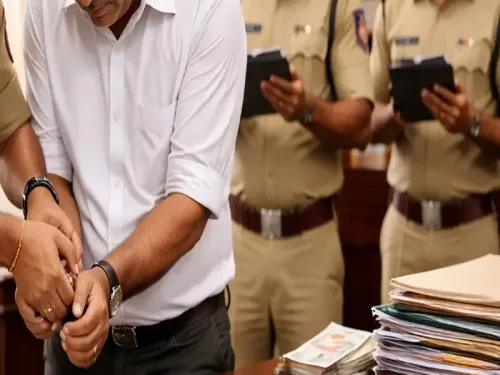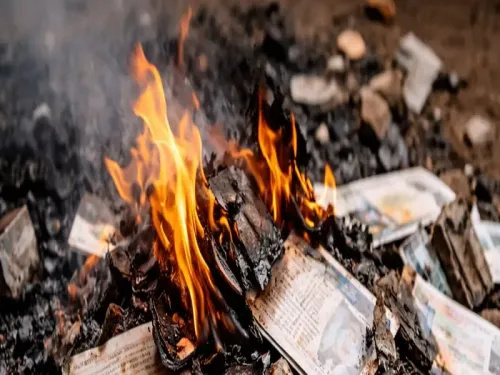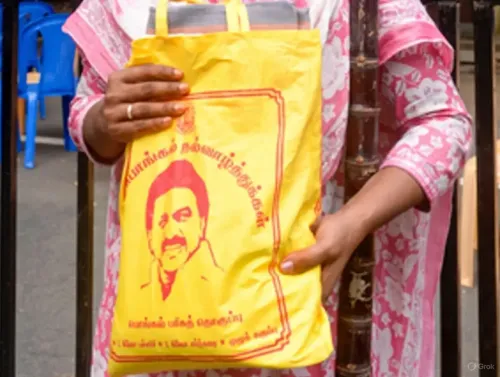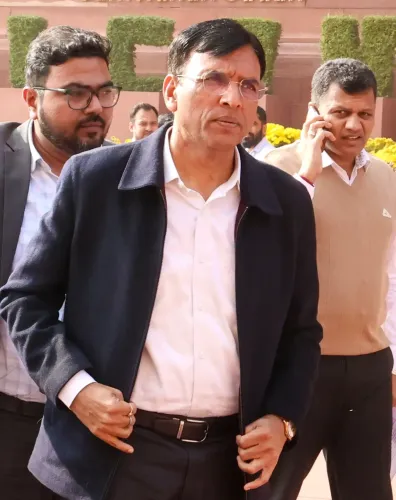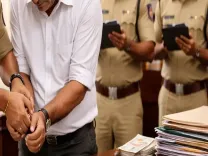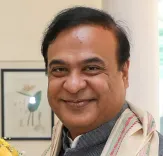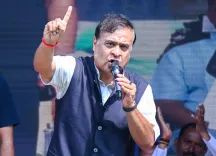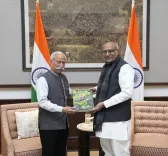Did Kejriwal Criticize Gujarat's Government for Lathi Charge on Farmers?
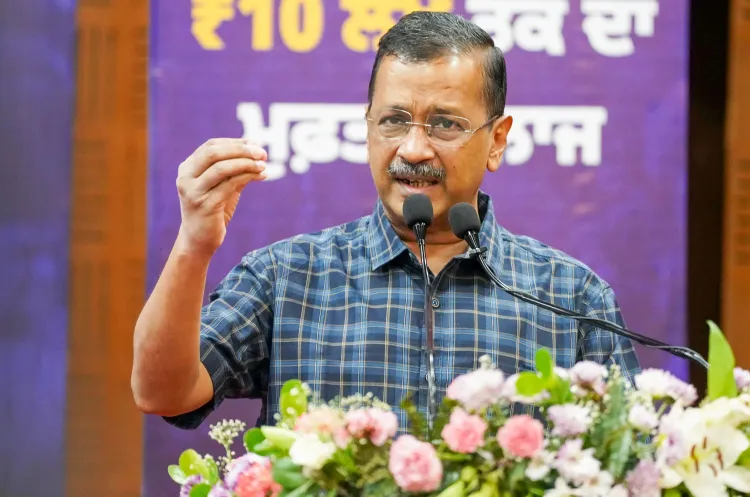
Synopsis
Key Takeaways
- Kejriwal criticizes Gujarat's government for using force against farmers.
- Protesters demand fair profit shares from Sabar Dairy.
- At least three individuals were injured during the chaos.
- Farmers are facing a significant reduction in incentive payouts.
- The situation escalated to a point where police had to intervene.
New Delhi, July 15 (NationPress) Arvind Kejriwal, the national convenor of the Aam Aadmi Party (AAP), has vehemently criticized the Gujarat government for the lathi charge and deployment of tear gas against livestock farmers who were peacefully protesting outside the Sabar Dairy facility in Sabarkantha district.
The farmers organized their protest on Monday to demand a fair distribution of the dairy's profits and an increase in milk procurement prices.
Kejriwal denounced the government's use of force against the protesters, labeling it an act of brutality.
In a post on X, he stated, "The BJP government has exceeded all bounds of brutality by sanctioning a lathi charge and tear gas on livestock farmers who were peacefully protesting outside Gujarat's Sabar Dairy. Seeking a share of the dairy's profits is not a crime."
The AAP leader also paid homage to a dairy farmer who tragically passed away while returning home after the protest.
"The people of Gujarat will undoubtedly respond to this dictatorship of the BJP," Kejriwal added.
What started as a peaceful demonstration escalated into chaos when protesters forcibly entered the premises, causing property damage, dismantling metal barriers, breaking CCTV cameras, and throwing stones.
At least three individuals sustained injuries during the turmoil, leading police to employ tear gas and lathi charges to restore order. The protest also spilled onto the Himmatnagar-Talod highway, halting traffic for several hours. In response, substantial police forces were deployed around the dairy facility to avert further violence.
Protesters alleged that private security guards were hired to suppress dissent instead of addressing their concerns.
The unrest stems from a significant reduction in incentive payouts. Farmers pointed out that while Sabar Dairy had allocated ₹602 crore in bonuses last year, resulting in a 17 percent milk price increase, this year’s allocation has been cut to ₹500 crore, resulting in a mere 9.75 percent increase.
With rising operational costs, farmers contend that this year’s incentives do not adequately cover their labor and input expenses, leaving them with no alternative but to protest.


